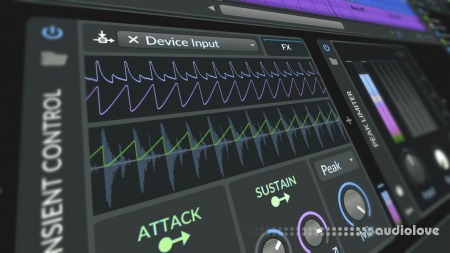Polarity Music Trance for Fans

In this Bitwig Studio tutorial, I demonstrate how to create a trance track from scratch, without using any presets, samples, or loops. Here's a concise breakdown of the process:
Tempo and Basics:
Set the BPM to around 130-135, suitable for trance but not as fast as hardcore subgenres.
Initiate with a simple kick drum pattern using Bitwig’s e-kick at G zero tuning, adjusting pitch as necessary.
Drum Construction:
Add a snare or clap and a high hat, utilizing velocity to emphasize off-beat hits and applying an expression modulator for dynamic control.
Employ peak limiters and an EQ on the drum track for clean mixing.
Bassline:
Use a monophonic synthesizer for the bass, crafting a pattern in A minor for simplicity, which aligns with all white keys starting from A on the keyboard.
Apply a light reverb for spatial enhancement.
Lead and Pads:
Create a lead with a saw wave, unison effect for thickness, and LP-1 filter for tone shaping.
Introduce simple melodic patterns and apply a convolution reverb for depth.
Automation and Effects:
Gradually introduce elements using automation on parameters like mix levels and filter settings.
Experiment with a frequency shifter for unique textural changes.
Chord Progressions:
Construct chord layers using a saw wave with unison and an LP filter, emphasizing minor chords and their variations.
Final Touches:
Group tracks for collective processing, such as side-chaining to the kick for rhythmic coherence.
Enhance the arrangement with additional modulation and effects like sweeps and noise for transitional elements.
Mix and Master:
Discuss the preliminary mixing and mastering steps, indicating that while the setup is basic, it lays the groundwork for a professional trance track that may require more detailed sound design and mastering tweaks to match current genre standards.
This tutorial showcases how to build a trance track in Bitwig Studio, emphasizing in-the-box production techniques without external samples or plugins.
Home page
DOWNLOAD
